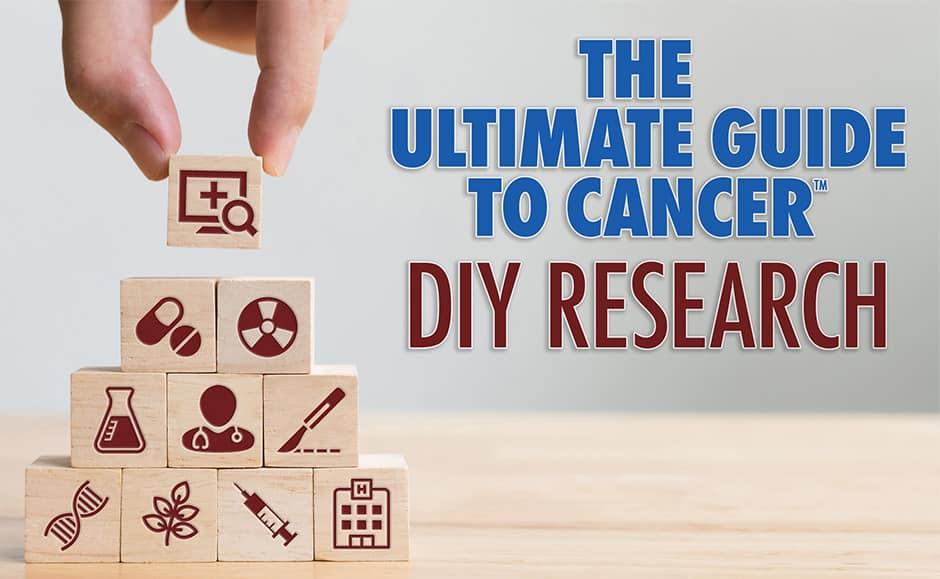Leukemia
Overview
The Ultimate Guide to Cancer: DIY ResearchThis guide from Ralph Moss, PhD, BCCT advisor and leading chronicler of integrative cancer treatments, shows you how to use four of the main tools that doctors use to decide on the best cancer treatments. It will help you learn why some cancer treatments that look good in clinical trials may not work for “real world” patients. It will help you answer two questions that the doctor may be hesitant to answer in the detail you need to decide about treatment:
|
Our goal is to help you live as well as you can for as long as you can using the optimal combination of conventional, complementary and integrative therapies and approaches. Here you'll find resources for leukemia. You can also use the search box in the upper right corner of every page or go to Search Therapy Summaries and search for your cancer.
Learn More
A starting place for the science and conventional therapies:
- National Cancer Institute:
- Cancer.net:
- Leukemia—Acute Lymphocytic—ALL
- Leukemia—Acute Lymphoblastic—ALL—Childhood
- Leukemia—Acute Myeloid—AML
- Leukemia—Acute Myeloid—AML—Childhood
- Leukemia—B-cell Prolymphocytic Leukemia and Hairy Cell Leukemia
- Leukemia— Chronic Lymphocytic—CLL
- Leukemia—Chronic Myeloid—CML
- Leukemia—Chronic T-Cell Lymphocytic
- Leukemia—Eosinophilic
Clinical Practice Guidelines
- National Comprehensive Cancer Network:
- Professional Guidelines (Login required):
- Guidelines for Patients:
Integrative Programs, Protocols and Medical Systems
| For more information about programs and protocols, see our Integrative Programs and Protocols page. |
- Programs and protocols
Advocacy and Support Groups
- National Comprehensive Cancer Network: Advocacy and Support Groups; select chronic lymphocytic leukemia, leukemia and lymphoma or another topic of interest from the dropdown menu.
- Leukemia & Lymphoma Society
More Information
- National Cancer Institute: Contact Us for Help
Information specialists at the NCI Contact Center are available to help answer your cancer-related questions in English and Spanish whether you are a patient, family member or friend, health care provider, or researcher. We also respond to questions and requests for information about NCI and its programs and provide support in quitting smoking. - Gurdev Parmar and Tina Kaczor: Textbook of Naturopathic Oncology
- Danial E. Baker: Application of chronotherapy to the treatment of cancer: can changing the timing of drug administration influence efficacy and toxicity?
- Ralph Moss, PhD: The Moss Reports
Related Pages
In the News
- Geriatric consultations improved care discussions with patients with hematologic cancers
- Study reveals gaps in code status discussions among patients with high-risk AML
- First FDA approval for prevention of acute graft vs host disease
- Recent studies explore efficacy of COVID-19 vaccination in patients with leukemia and myeloma
- TP53 modifier impresses in early MDS/AML study

